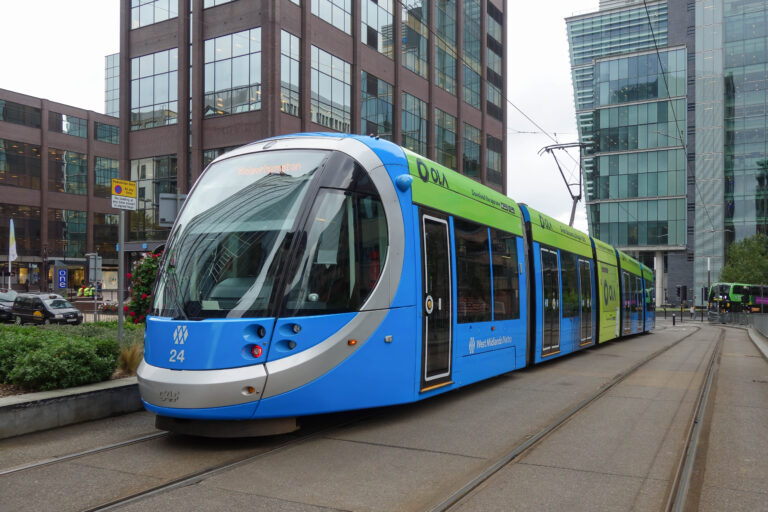Social mobility was also something that I heard a lot about as I was growing up. My secondary school, The Belvedere School in Toxteth, Liverpool, was the school in which educational charity, the Sutton Trust, piloted their ‘Open Access Scheme.’ This opened up what was formerly a solely fee-paying school to girls of all backgrounds, based on merit rather than ability to pay.
As a frizzy haired 11-year-old on my first day of secondary school, I was probably more worried about tripping over my own feet in the dinner queue than considering the socio-economic status of my classmates. However, looking back on my school days, I can see what a privilege it was to receive such a great education as part of the Sutton Trust’s pioneering scheme. Although while at school we all inevitably worked out who were the girls who paid fees and who were those that had their fees paid by the Sutton Trust, we all enjoyed an extremely high standard of education, knowing that, regardless of where we came from, we were all on equal footing in the classroom.
As a former Belvedere pupil, I was delighted to receive an invitation to the Sutton Trust’s Fifteenth Anniversary lunch. I was not only able to catch up with my friends and former classmates, Sarah Doyle (now Head of Science at a primary school in Liverpool) and Kate Barry (now training to be a solicitor), but also had the chance to listen to some inspirational speeches from Education Secretary, Michael Gove and Sutton Trust Chairman, Sir Peter Lampl.
Michael Gove spoke about how the Department for Education had given a £125m grant to the Education Endowment Foundation, an arm of the Sutton Trust, which is also dedicated to raising the attainment of disadvantaged pupils. He said that inequality was still inflicting the English education system as in the UK what you go on to do in later life still depends upon the family you were born into. Mr Gove praised the Sutton Trust saying that their “sinewy toughness” is needed to criticise the government and make sure that social mobility remains at the top of the political agenda.
Sir Peter Lampl said that there was now political consensus on social mobility. Despite some recent improvements, he said that there was still a lot to do on this important issue as British schools are still some of the most socially segregated in the world. He ended his speech on an interesting note, saying improving social mobility is like the war on cancer, that it can never be won, but we can constantly seek to improve it.
During lunch, it was fascinating to talk with many people who had benefitted not just from the Sutton Trust’s Open Access Scheme, but also from attending the Sutton Trust’s summer schools in the UK and America. These summer schools give bright students from non-privileged backgrounds a taste of life at a leading university and aim to demystify university life, a process that is crucial for many who are first in their families to go into higher education.
The Sutton Trust’s focus on social mobility right from primary school through to accessing the professions, has allowed many to benefit from educational opportunities that would have otherwise never been available to them. Looking forward to the next fifteen years, hopefully we can see the Sutton Trust working with the government to make an excellent education and a good start in life the privilege of the many, not the few.



